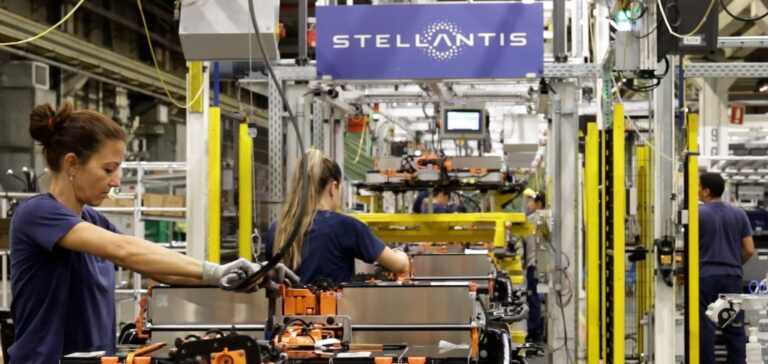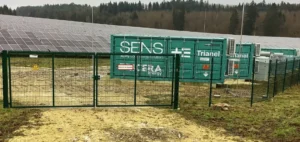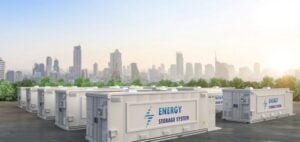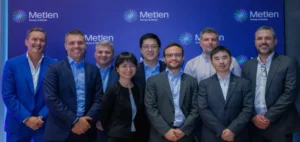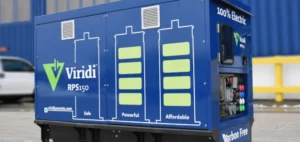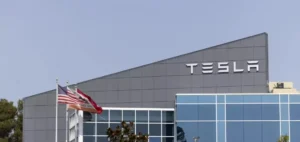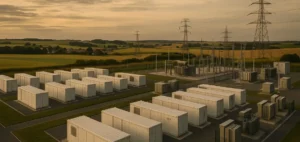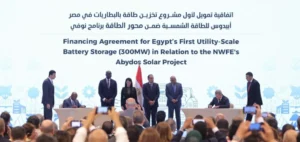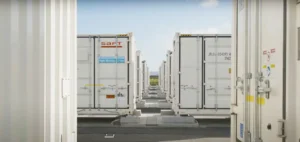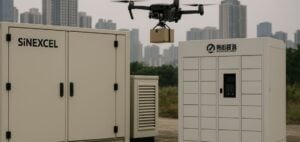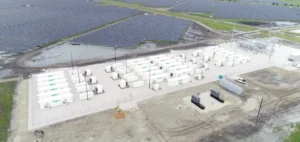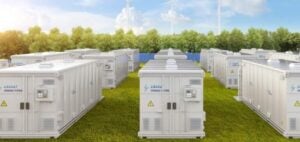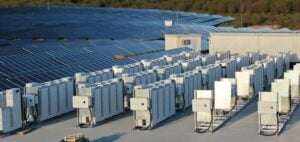Carmaker Stellantis is to invest in Californian start-up Lyten, which claims to be a pioneer in three-dimensional graphene, an ultralight “supermaterial” opening up prospects for the production of lithium-sulfur batteries, much more efficient than lithium-ion batteries but still at the experimental stage. The amount of the transaction was not disclosed by either company. “Lyten’s lithium-sulfur battery has the potential to become a key element enabling the adoption of the electric vehicle by all,” hailed Stellantis CEO Carlos Tavares, quoted in the two companies’ joint press release.
Several advantages
At present, almost the entire automotive industry equips its electric vehicles with lithium-ion batteries, which weigh hundreds of kilograms and consume materials such as nickel, cobalt and manganese, the extraction of which can be extremely polluting. “One of the big advantages – of the lithium-sulfur battery – is that it’s considerably lighter,” explained Oliver Gross, head of electrification at Stellantis, during a call with journalists.
This technology has the capacity to store twice as much energy as traditional batteries, according to Lyten. It “uses no cobalt, nickel or manganese, resulting in a 60% lower carbon footprint”, the companies also claim in their press release. “The materials needed for lithium-sulfur batteries can be found and produced locally, in North America and Europe, thus strengthening the sovereignty” of these regions, the two companies continue.
Lyten is confident that it will be able to distribute these batteries to the automotive industry by the end of the decade, in line with Stellantis’ “Dare Forward 2030” strategic plan, which aims to halve the automaker’s carbon emissions by 2030 – compared with 2021 – and achieve carbon neutrality by 2038. The Californian company has already launched a small experimental production line in San Jose, and will be launching some commercial applications of its technology outside the automotive sector by the end of the year. Lyten is betting heavily on three-dimensional graphene, a “supermaterial” which the company claims to have patented, and which enables better connectivity and improves the energy density contained in a battery.

